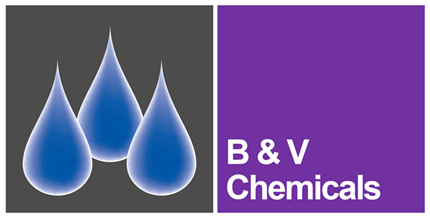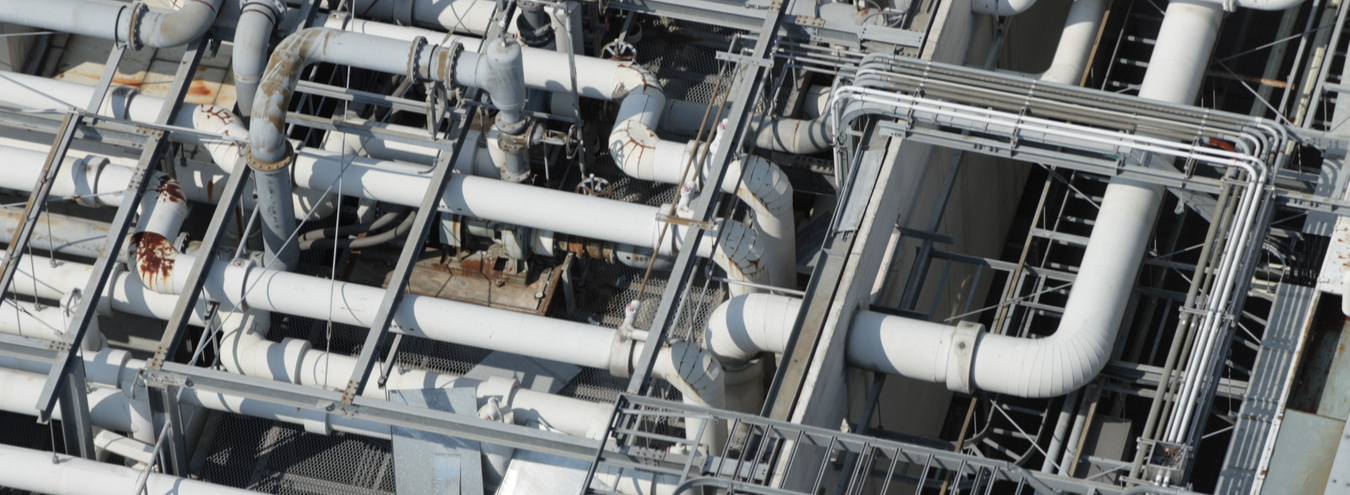This is the sixth blog in our series on the BG29/2020 Pre-Commission Cleaning of Pipework Systems guidelines. Here we take an in-depth look at the closed-loop pre-treatment cleaning (CPC) procedures for closed circuit systems.
What is CPC?
CPC is a method for filling and cleaning systems that ensures systems are filled with an appropriate closed circuit scale and corrosion inhibitor and biocide from first fill, and that the system is recirculated and cleaned through a combined process of velocity and filtration.
The procedure is quicker and results in a much less aggressive clean of pipework than traditional methods. It also ensures that no water or minimal water is discharged to drain.
The method in which closed systems have been traditionally flushed and cleaned involves the use of large amounts of water, and consequently the discharge of large amounts of wastewater and pre-commission cleaning chemicals. There is no doubt the CPC method reduces water consumption and effluent discharge through the use of filtration. The filters used for initial cleaning are generally replaced by smaller units on completion of the works.
The importance of an appropriate inhibitor and biocide in closed systems
With CPC, initial fill of the system is with chemically dosed treated water. An appropriate inhibitor and biocide are therefore present in the system from first fill. I firmly believe this is a critically important step for any new closed-circuit system, whether that system is cleaned through CPC or conventional pre-comm cleaning methods.
It is a basic principle that water + metal + oxygen = corrosion and that any system purely containing water without biocides will allow microbial growth to occur. As Reg Brown so aptly put in an article called 'The hidden menace of corrosion in heating and cooling systems', "What happens in the first few weeks of life of the system will influence its fate over the next 25 years.” This is true for both conventional and CPC methods so ‘first fill with water containing an appropriate inhibitor and biocide’ should be the mantra for every new closed system.
The CPC procedure
CPC is carried out with chemicals which mobilise system debris and contaminants. These are then removed through dynamic circulation and specialised filtration. An in-built flow measurement device measures the cleaning rates and ensures that the dynamic flushing velocities specified in BSRIA BG29/2020 are attained. The flow rate also gives an indication of whether the filtration apparatus requires cleaning. The use of deaeration equipment is also recommended.
Advantages of CPC
There is no doubt that CPC has a number of advantages:
1. Water-saving
As less water is used in the process, less wastewater (that potentially contain chemicals) is generated. This makes the process more environmentally friendly than conventional pre-comm cleaning methods.
There is also considerably less oxygenated fresh water added to a closed circuit with CPC. Mains water at 15oC is likely to contain around 10ppm dissolved oxygen. Repeated flushing with mains water will therefore invariably add additional oxygen to the system, increasing the potential for corrosion.
2. Time-saving
The CPC process is less time consuming than conventional cleaning methods.
3. Reduced microbial contamination
CPC should reduce microbial contamination entering a system. The immediate addition of biocide as a system is filled should also limit the potential for microbial growth, biofilm formation and thus under deposit corrosion.
4. Less aggressive
CPC is less aggressive than traditional methods. The most widely used pre-commission cleaning chemicals contain a chelant (typically EDTA) which complexes with, and solubilises iron, from rust, millscale, iron scales or iron-containing minerals. Other divalent cations, such as calcium, magnesium, copper and zinc will also be chelated. EDTA is one of the organic pollutants found in highest proportions in surface waters in central Europe. It’s a persistent pollutant in the environment, enhancing the mobility and bioavailability of heavy metals.
5. More suitable for thin walled carbon steel pipework
Thin walled carbon steel pipework contains a thin layer of organic corrosion inhibitor on the inner pipework surface. It is recommended by one of the main manufacturers of this type of pipework that pre-commission cleaning, if required, should be carried out with a mild cleaner which preferably includes a component which passivates the bare metal surfaces. It is likely therefore that a CPC procedure would be more suitable for cleaning thin walled carbon steel pipework.
Is CPC suitable for pre-commission cleaning of every system?
Unfortunately, the answer to this question has to be no at the current time. If a CPC method of cleaning a closed circuit has been approved and specified from the start, the correct procedures will be used from the outset.
Unfortunately, a number of closed circuits are filled with water for pressure testing and allowed to sit and stagnate for long periods. By which time, corrosion and biofilm may be an issue. In these cases, conventional pre-commission cleaning with more aggressive chelant based cleaners is likely to be required.
For technical advice on the selection of pre-commission cleaning chemicals, inhibitors or biocides for use in closed circuit systems in order to ensure microbiological control contact our technical team on 01327 871967.
*Some parts of this blog are reproduced from BSRIA BG29/2020 Pre-commission cleaning of pipework systems 6th Edition.




